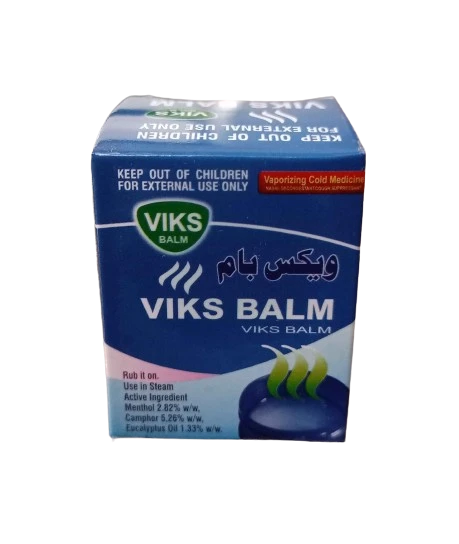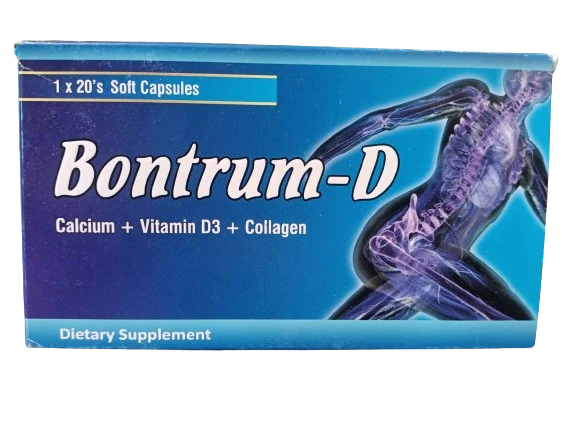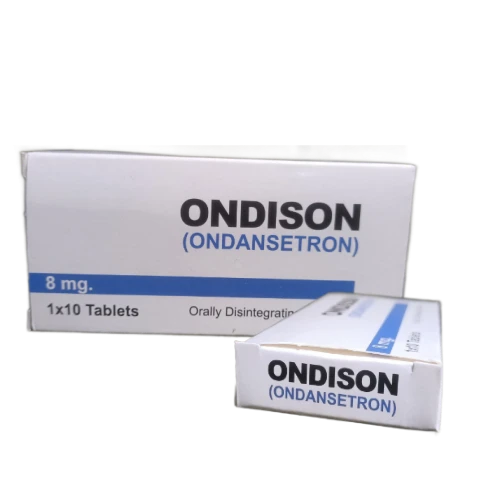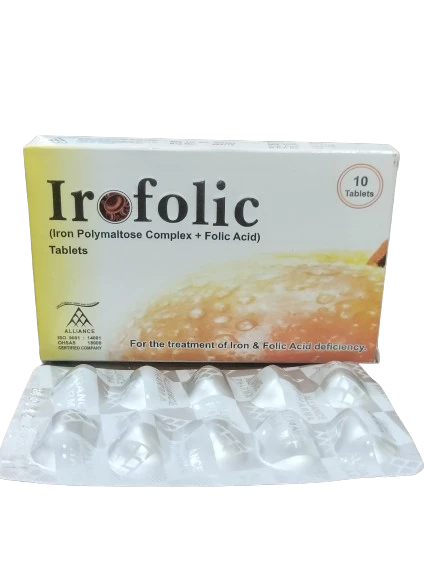
Cranberry (Vaccinium macrocarpon) is an evergreen shrub that grows in bogs in North America. It produces dark red fruits that contain salicylic acid.
Chemicals in cranberries keep bacteria from sticking to the cells in the urinary tract. But they don't seem to be able to remove bacteria that are already stuck to these cells. This might explain why cranberry helps prevent urinary tract infections (UTIs), but doesn't help treat them.
People commonly use cranberry to prevent UTIs. Cranberry is also used for kidney stones, enlarged prostate, the common cold, and many other conditions, but there is no good scientific evidence to support these uses.
Don't confuse cranberry with cramp bark, lingonberry, or uva ursi. These are sometimes also called cranberry but they are not the same.
Uses
Side Effects
When taken by mouth: Cranberry is commonly consumed in foods. Cranberry juice and cranberry extracts are likely safe for most adults. Drinking too much cranberry juice might cause some side effects such as mild stomach upset and diarrhea in some people.
Precautions and Warnings
When taken by mouth: Cranberry is commonly consumed in foods. Cranberry juice and cranberry extracts are likely safe for most adults. Drinking too much cranberry juice might cause some side effects such as mild stomach upset and diarrhea in some people. Pregnancy and breast-feeding: Cranberry is commonly consumed in foods. There isn't enough reliable information to know if cranberry is safe to use in larger amounts when pregnant or breast-feeding. Stay on the safe side and stick to food amounts.
Children: Cranberry is commonly consumed in foods. There isn't enough reliable information to know if cranberry is safe to use as medicine or what the side effects might be.
Aspirinallergy: Cranberries contain significant amounts of salicylic acid. Salicylic acid is similar to aspirin. Avoid drinking large quantities of cranberry juice if you are allergic to aspirin.
Diabetes: Some cranberry juice products are sweetened with extra sugar. If you have diabetes, stick with cranberry products that are sweetened with artificial sweeteners.
Kidney stones: Cranberry juice and cranberry extracts contain a large amount of a chemical called oxalate. Since oxalate is found in kidney stones, cranberry might increase the risk of kidney stones. If you have a history of kidney stones, stay on the safe side and avoid taking cranberry extract products or drinking a lot of cranberry juice.
Disclaimer: Remember, keep this and all other medicines out of the reach of children, never share your medicines with others, and use this medication only for the indication prescribed.
Always consult your healthcare provider to ensure the information displayed on this page applies to your personal circumstances.
No review given yet!
 Fast Delivery all across the country
Fast Delivery all across the country
 Safe Payment
Safe Payment
 3 Days Return Policy
3 Days Return Policy
 100% Authentic Products
100% Authentic Products




